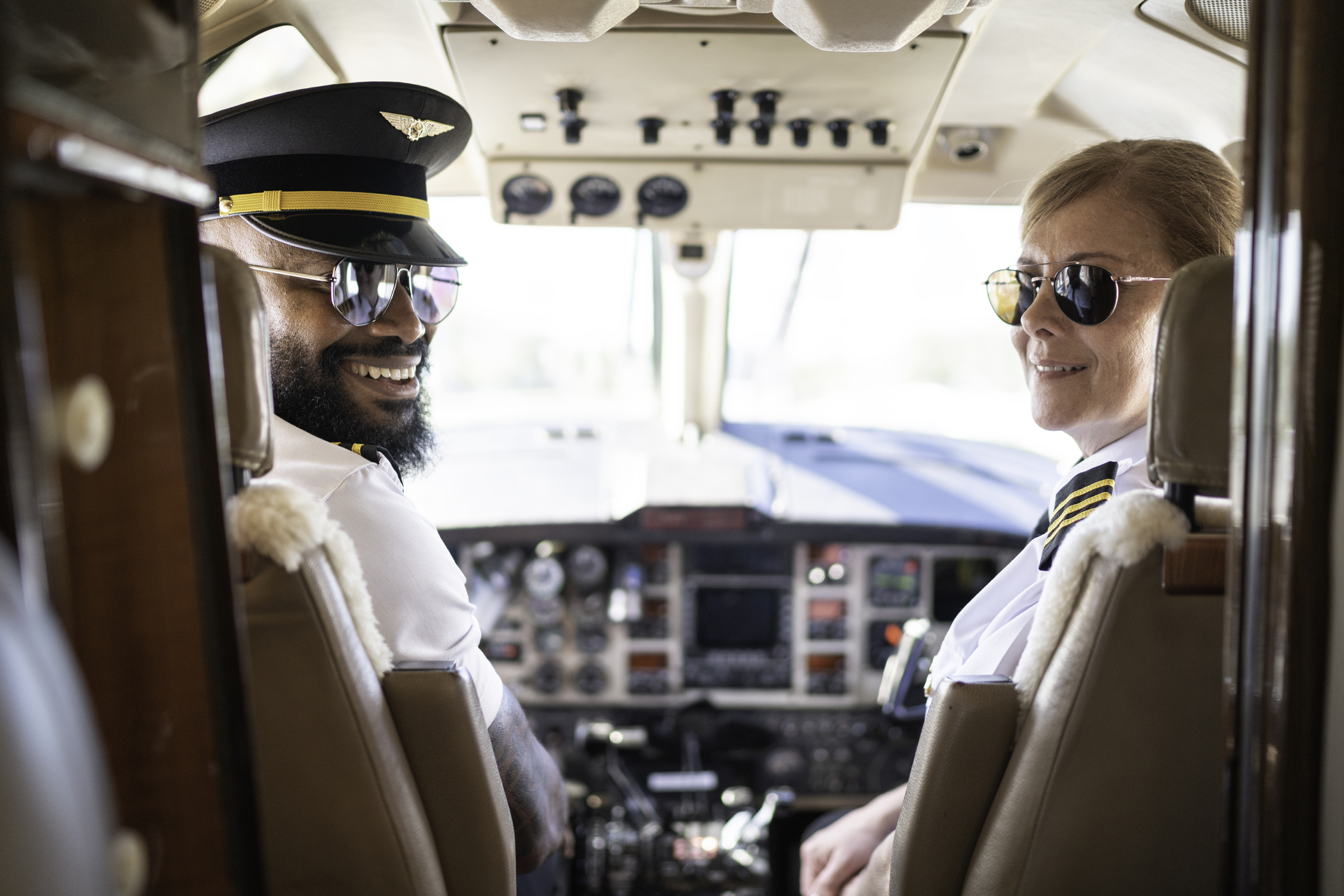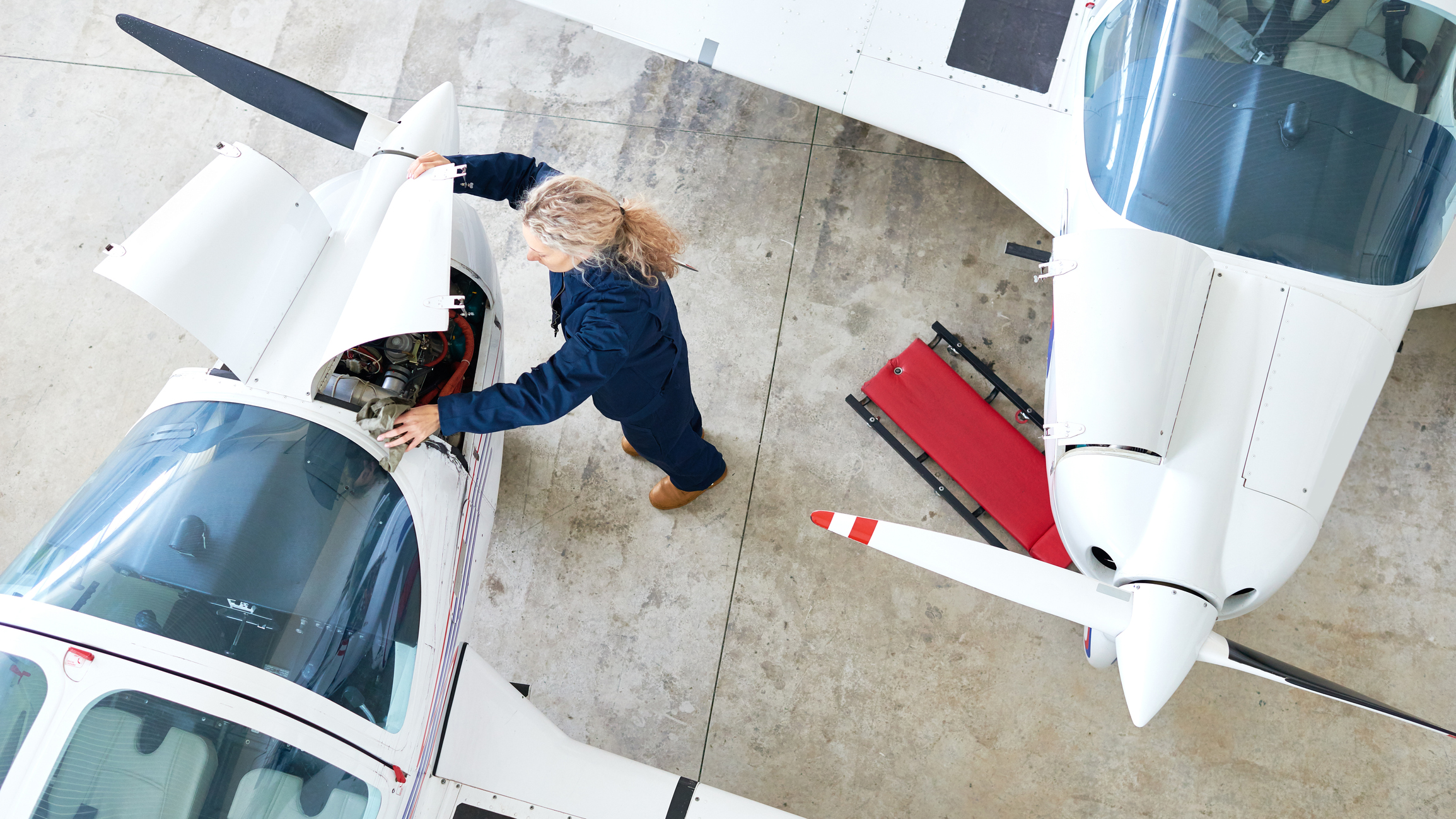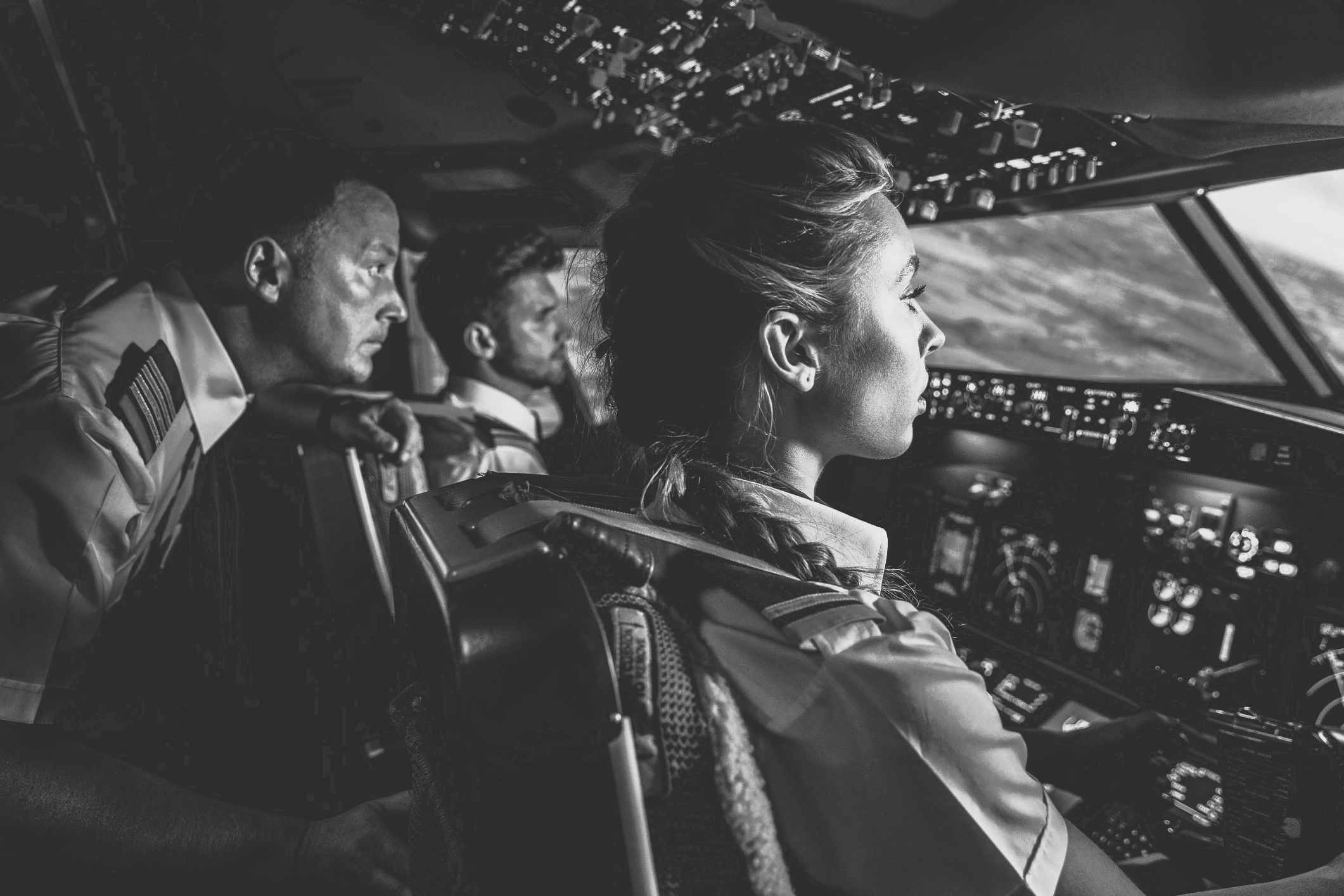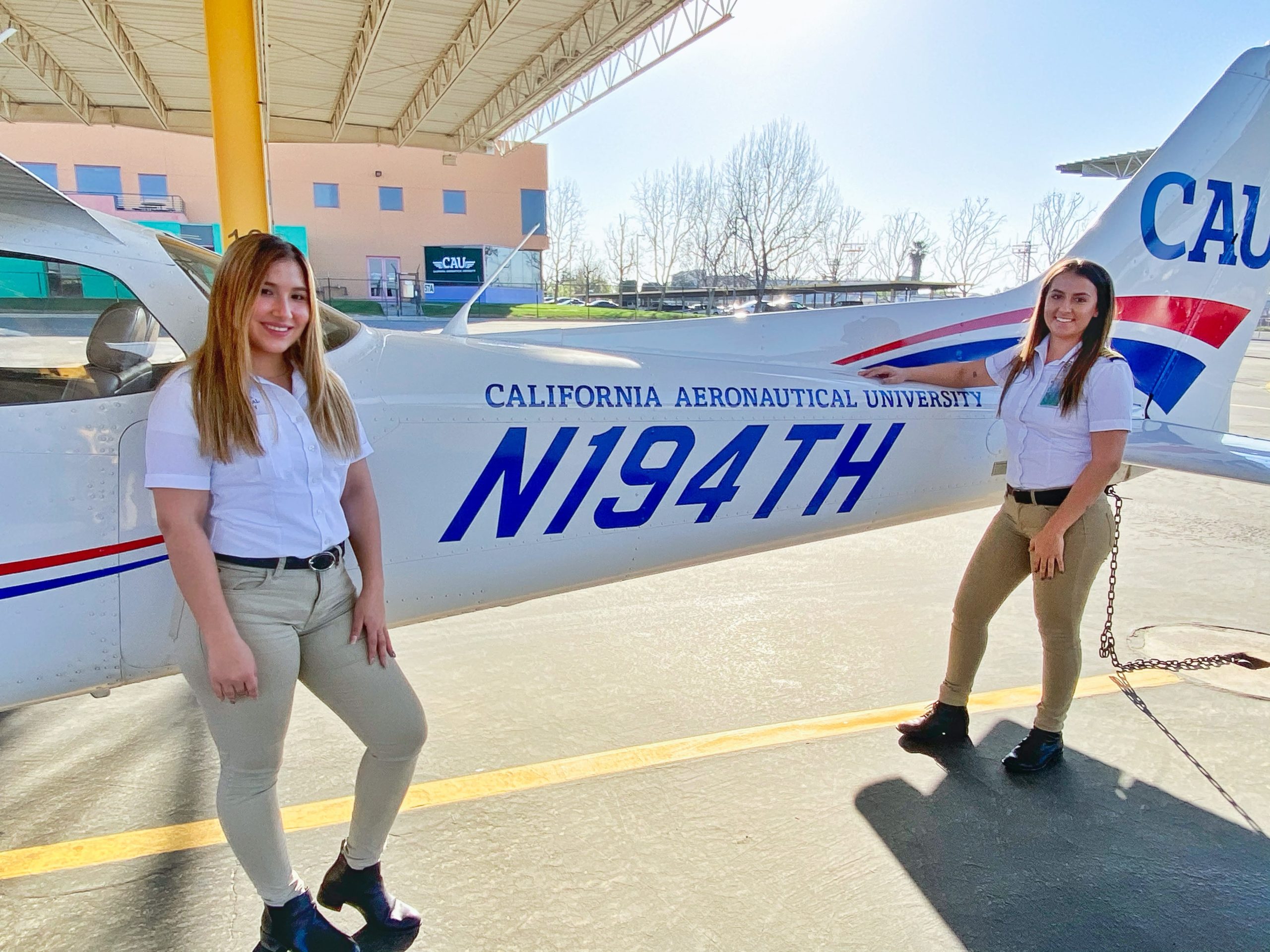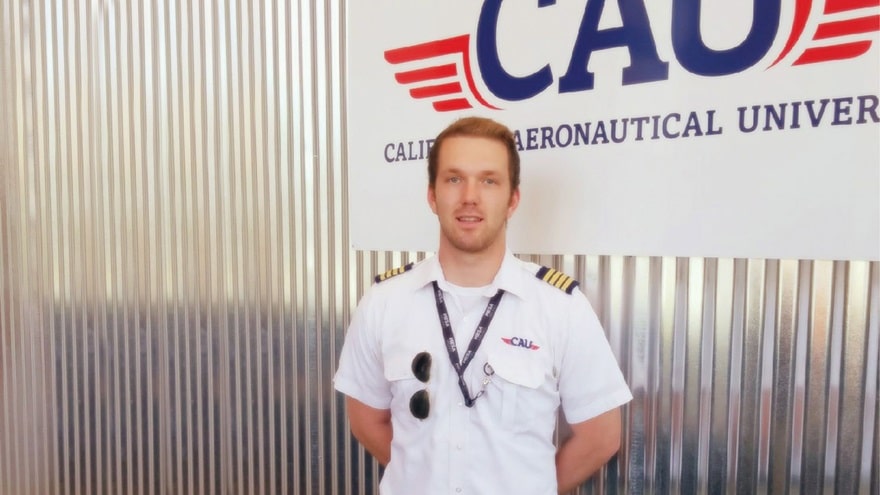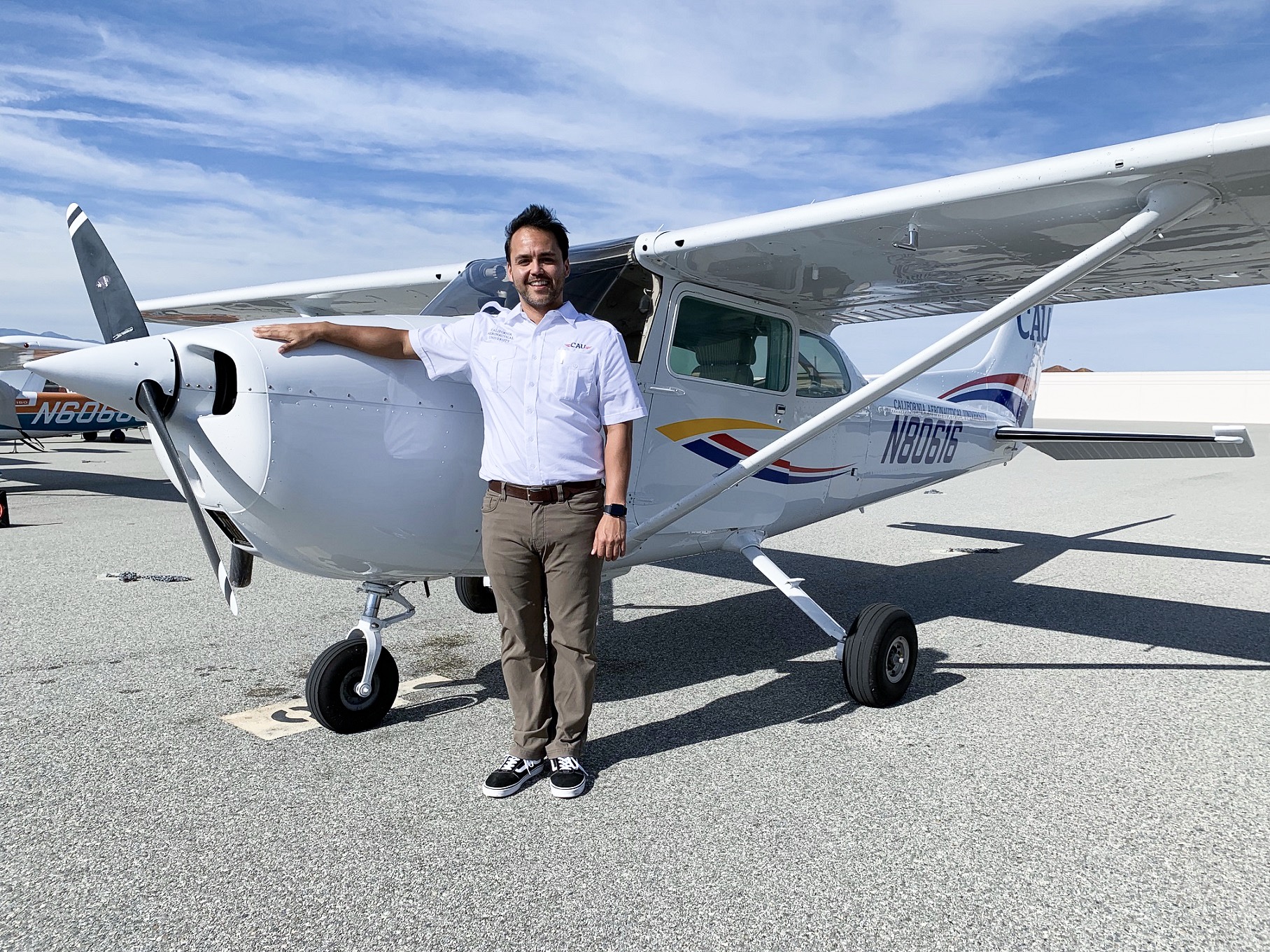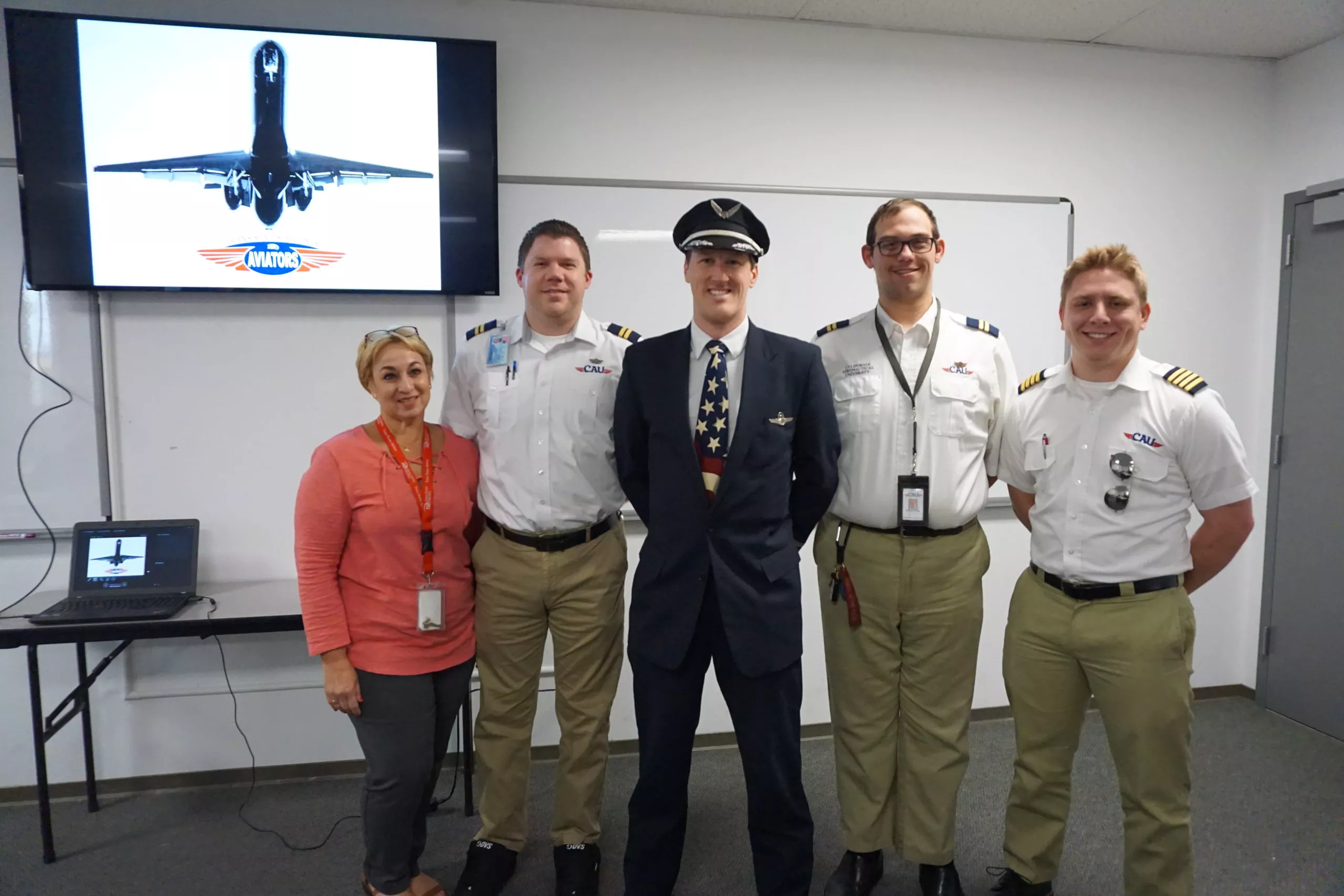New year, new career! For those who have an interest in aviation, the new year is the perfect time to begin your studies. Here are four tips to find the right aviation college for you.
[lwptoc numeration=”none”]
While many college students enroll in courses unsure of their career objectives, those who have chosen aviation colleges are typically different. They generally have a passion for aviation and know what they will dedicate their time and energy to preparing for a job in the industry.
While many know exactly how they would like to translate their talent and knowledge into a viable career—as a pilot, aeronautical engineer, or as part of the aviation business sector—some simply know that they love the science and experience of flight and are searching for the best way to experience it as a career. No matter what a student’s intentions are, the right aviation college can make a tremendous difference in their lives. Here are a few suggestions for choosing the best aviation college or university for you.
1) Seek Flexibility
Especially in a world now beset by the COVID-19 pandemic, every student in search of higher education, no matter the subject, should seek a college that offers classes both in person as well as online. Some students have families or long-held jobs and cannot move to campus to attend in-person classes. Others prefer to have a more traditional college experience, completing practical flight training at the same campus where general instruction takes place. No matter what the student is seeking in the beginning, it is best to find a college that offers both online flight school as well as “brick and mortar” classes.
This is important even if a student has resolved to take courses along one path or the other. There is no way to know if his or her circumstances might change: A student attending an online aviation college could later decide to attend class in person, or another who is living on campus is perhaps directed online by life circumstances. Some students even prefer a hybrid of both online and in person instruction.
California Aeronautical University (CAU) offers both options, both for undergraduate as well as Master’s courses. Of course students who opt for the Bachelor of Science in Aeronautics and Aviation Maintenance Technology will have their hands on and flight training on ground. In addition to its main campus in Bakersfield California, CAU also maintains a branch campus in Ventura, CA, as well as flight centers in Oxnard, CA and San Diego. At the aforementioned flight training centers students have their aviation specific and general education course online and fly locally. CAU is accredited by the Accrediting Council for Independent Colleges and Schools, which is recognized by the Council for Higher Education Accreditation.
2) Look for Flight Training and Professional Offerings for Pilots
Most aeronautical universities offer flight training as part of the curriculum. The most important aspect of this, however, is to ensure that the college also offers a wide variety of certificates and ratings for professional development. Some students at aeronautical universities are intent on a life in aviation business or administration, and do not want to pursue flight training. Most like to have at least some time in the cockpit.
While some students are satisfied with earning their private pilot certificate and perhaps an instrument rating, which enables flying in a wider window of weather conditions, others are keen to fly for a living meaning professionally. This requires much more training and Federal Aviation Administration (FAA) testing. California Aeronautical University provides a pathway to such a future. Students studying to earn their Bachelor of Science in Aeronautics are able to not only complete the requirements for a private pilot certificate, but they also acquire their Instrument rating, commercial rating, certified Flight Instructor, multi- engine rating and certified flight instructor instrument—all in an FAA-approved training environment.
The commercial pilot rating, which refines a pilot’s skills and permits him or her to fly for pay, and the Certified Flight Instructor (CFI) certification are also available. Becoming a flight instructor is a great way for students to gain the flight hours required by many employers and insurance companies before acting as an employee. CAU also offers its students the ability to become a CFI-I, or a “double I,” and become certified to train others in earning the instrument rating.
3) Plug Into the Aviation Industry
The best aviation universities offer a symbiotic relationship between its students, graduates, and the aviation industry. No matter if a student is planning to enter the work force as an aviation mechanic tech, a human factors specialist, or an aeronautical specialist, they should seek a degree from an aviation college that offers access to internships and access to potential employers. In the aviation industry, some employers such as major airlines, hire and advance employees in a structured manner, while others hire based on networking and interviewing. Mixing with professionals in all aspects of aviation is an important part of learning as much as possible about the field. A wide variety of coursework, as well as participation in extracurricular activities, can provide this.
Employers understand this and often turn to aeronautical universities as a source for employees. CAU expands on this practice beyond simply inviting major aviation employers to a job fair. Their airline partners actually visit and hold workshops for students on their perspective application processes and professional development points. Those who graduate as pilots in good standing can pipeline into the various regional airline cadet programs partnered with CAU. Sometimes even with tuition reimbursement. Students can benefit from internships and networking opportunities as well.
4) Find Financial Support
CAU assigns financial services coordinators to students to form a personalized plan for funding their education. The Financial Services Department assists with this process very closely with the perspective students. In addition, they also provide information finding aviation-related scholarships. CAU also accepts veteran’s benefits, either through the Post-9/11 GI Bill or the Yellow Ribbon Program. Tuition reduction programs are also available to those who have immediate family members who serve in law enforcement or are first responders. Grants are also available to those who qualify.
Ready to soar in your aviation career?

Tamu Smith-Kohls serves as the Vice President of Enrollment Management and Marketing for California Aeronautical University. She has worked in the aviation industry in various roles for 24 years. As a United States Air Force retired veteran, she has a unique appreciation for the aviation industry. Tamu has served in Information Systems as a Network Administrator, Aerospace Flight Medicine as a Health Services Manager, and Air Force Recruitment and Marketing. She holds an undergraduate degree in Psychology; a Master’s in Business Administration and is a Certified Neuro Linguistic Practitioner. Her passion is motivating, training, coaching and serving others to reach their best potential.




